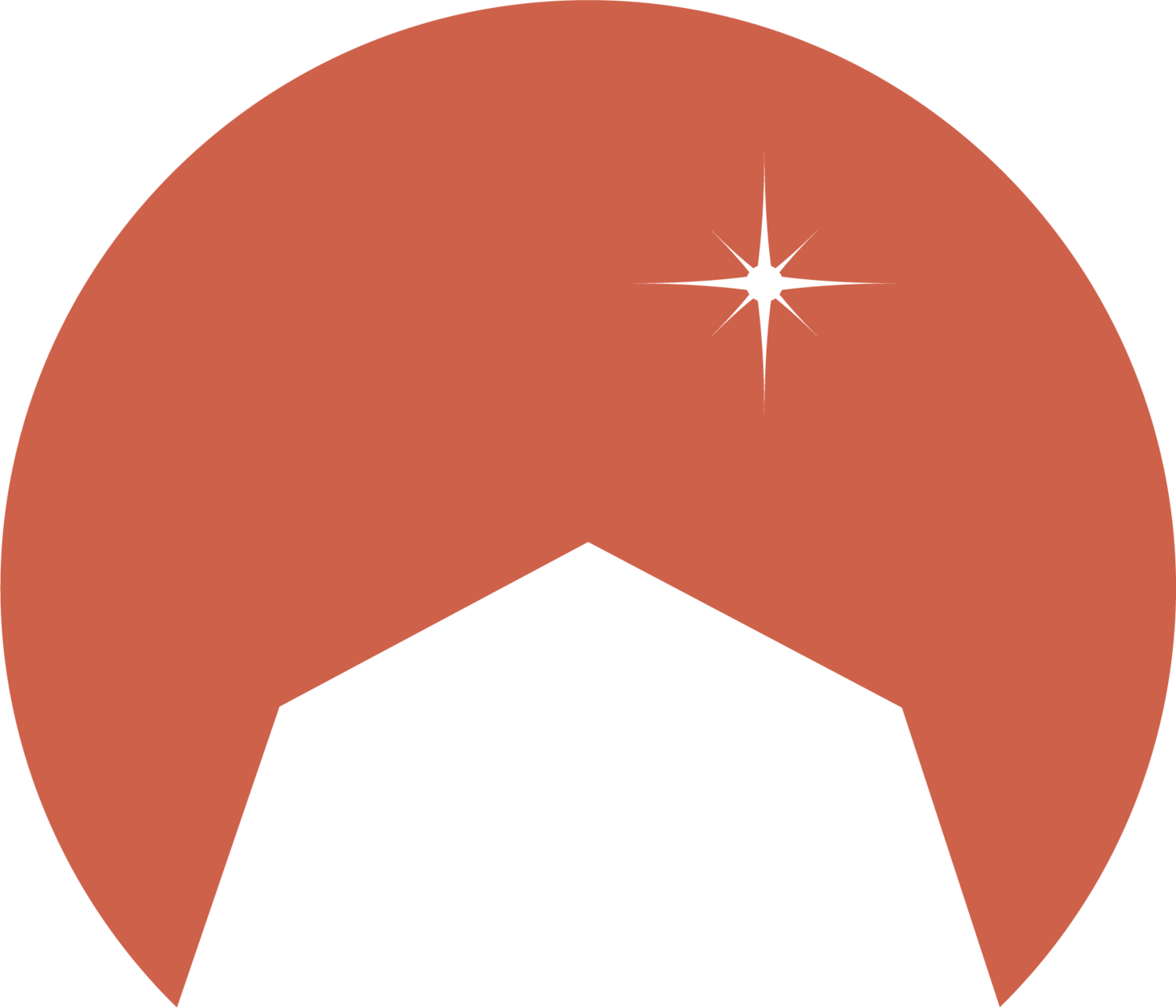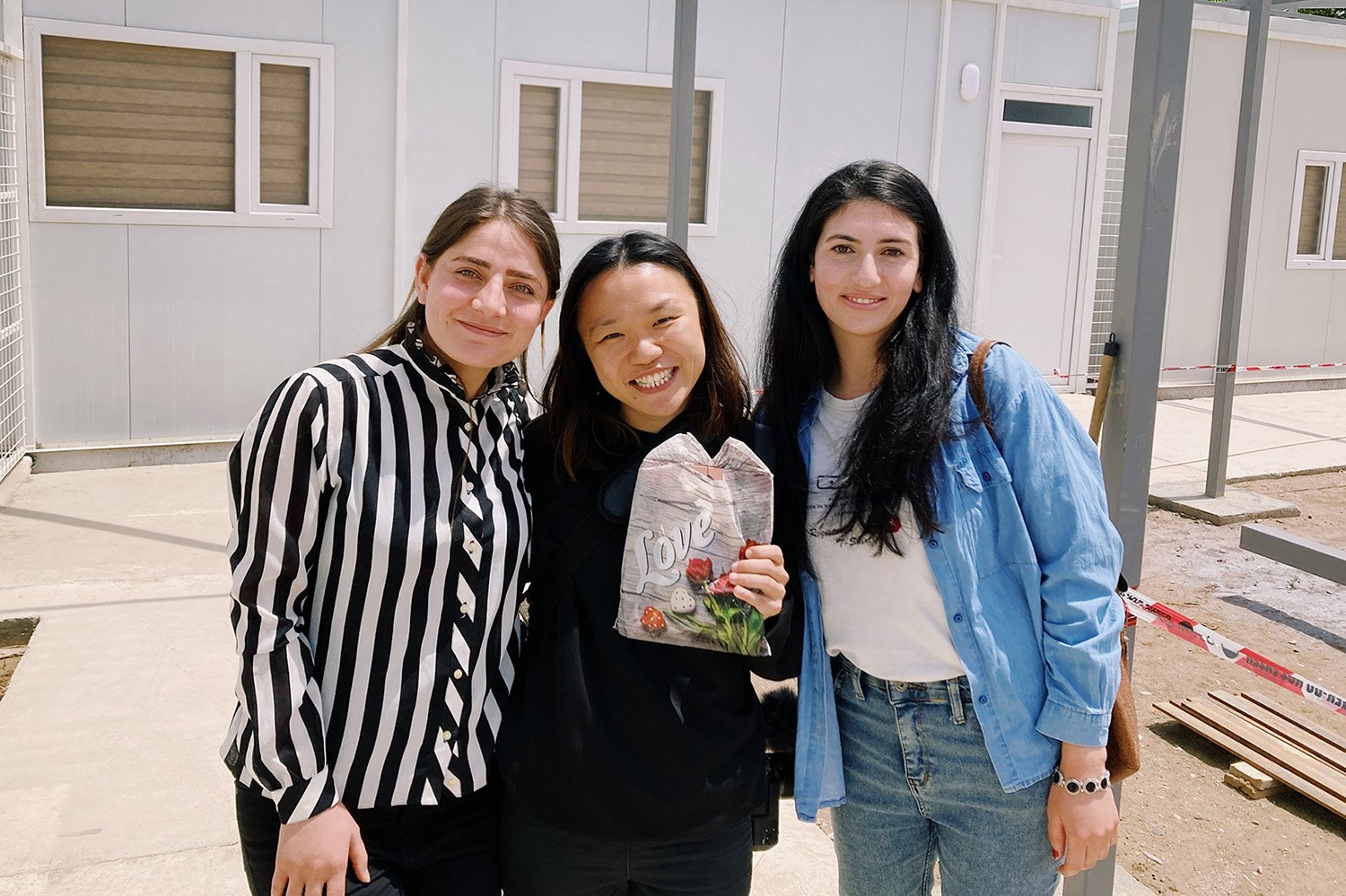Walking and doing life with my Yazidi friends
“Jacinth, are you ready to turn off the lights?” I glanced at my phone - 9:23pm.
Back in Singapore, I would still be out with my friends.
But at that moment, I could feel my eyelids getting heavier by the minute. I was ready to head from Kurdistan to Sleepy-stan.
My friend and I had just finished a day of back-to-back lessons for English Corner - a program we were piloting in a camp for internally displaced persons, designed for youths to practice conversational English with native English speakers.
At that point, we were in our second week of lessons and my introverted side was yearning for silence.
It was my first time in the Kurdistan Region of Iraq - a trip two years overdue due to the Covid-19 pandemic.
I still remember walking gingerly into the class on the first day and waiting for the students to come in. Many thoughts were racing in my head:
“Who’s going to turn up?”
“What will it be like?”
“What if I mess up?”
We ended up with a cozy class of seven regular students. It was awkward initially, as we were still trying to get to know one another better and some of them were too shy to speak.
But as the weeks progressed, deeper bonds began to form between my English Corner buddies and me.
Before the end of every class, we would play a game where we would share three new facts about ourselves and come back to class the next day to test one another on these facts.
At the end of each lesson, I would say, “ez suba dey te binem” (I will see you tomorrow) - excited to see them again.
But beyond class time, we would catch each other around the camp and start listing all the fun facts we remembered about each other.
Incidentally, my English Corner buddies also became my Kurdish language helpers -
holding back their judgment (and laughter) whenever I tried to pronounce something in Kurdish but failed terribly.
As we grew closer, the suppressed laughter gave way to blatant outbursts and face-palm moments:
“You just mispronounced that! Please do not ever say that again.”
“It is wrong! Try it again.”
Whenever people ask me,“How did you pick up Kurmanji so fast?” I give credit to my English Corner buddies, but not without chuckling to myself first as I remember these moments.
The weeks soon progressed into a month, and the day came for me to stop saying “ez suba dey te binim” and instead say “ez jarekedi dey te binim(I will see you again another time).
Before this, I was used to big programs that catered to many people but ended within a week. However, doing English Corner with seven friends for one month taught me the beauty of simply putting agendas aside and walking with people.
More often than not, the latter required more intentional effort, but what came after were deeper relationships that I hold so close to my heart
In Kurdistan, the locals add “inshallah” whenever saying a blessing or something hopeful. It means “God willing”, for only God knows what the future holds.
So to my buddies: from the bottom of my heart, I hope I have the privilege of doing life with you again - inshallah.



